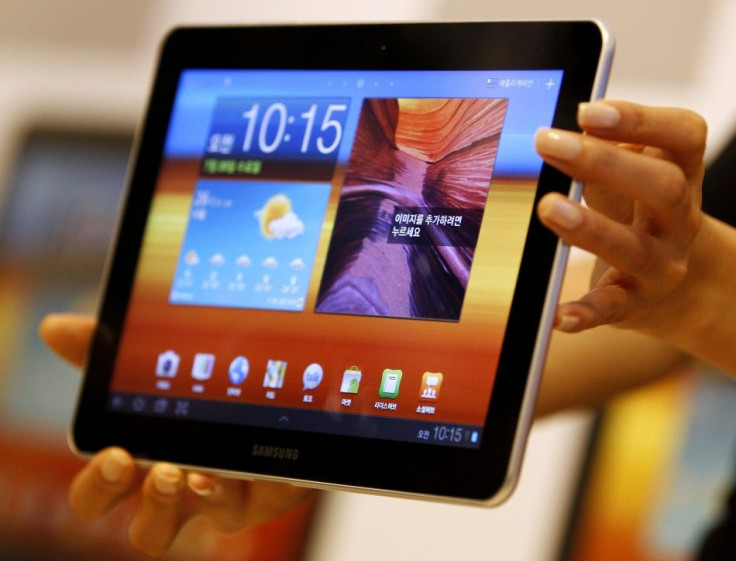Apple Notches Major Win Over Samsung in Patent Lawsuit

Apple won a big settlement against Samsung in Australia on Monday, a decision that could have far-reaching implications.
Apple won a settlement against Samsung in Australia that will bar Samsung from selling its Galaxy Tab 10.1 tablet until the patent lawsuits within the country are settled.
Apple has been engaged in a four month battle, over multiple continents, with Samsung over what it considers to be patent breaches of its iPad tablet.
Apple has claimed that the Galaxy Tab 10.1 infringes upon 10 of Apple's patents, and now they may finally have some proof to the claims.
The South Korean company has agreed to stop advertising the Galaxy Tab 10.1 and will not sell the device until the lawsuit is resolved, which could cause the company to incur losses.
Apple has agreed to pay Samsung any damages from the sales halt, if it loses the patent infringement lawsuit.
Samsung claims that Apple has an issue with the U.S. version of the tablet and not the Australian one, but some question the legitimacy of that argument.
"If Samsung believed that the U.S. version of the Galaxy Tab 10.1 doesn't infringe any of Apple's rights, it would have defended itself as a matter of principle," FOSS Patents' Florian Mueller wrote on the decision.
Samsung claims that the Australian decision will have no impact on its tablet in any other markets, but that's certainly too early to be determined. Apple will likely champion this settlement, especially if it ends up winning its Australian patent lawsuit, to other countries as proof that Samsung violated its patents.
A day after the Australian settlement, coincidentally or not, the U.S. International Trade Commission decided to investigate Apple's patent claims against Samsung. The charges were first made in April.
Apple views Samsung, along with all companies that use Google's Android operating system, as a major threat and will continue to use its war chest to fight in court.
''It's no coincidence that Samsung's latest products look a lot like the iPhone and iPad, from the shape of the hardware to the user interface and even the packaging,'' an Apple Australia spokeswoman said yesterday. ''This kind of blatant copying is wrong, and we need to protect Apple's intellectual property when companies steal our ideas.''
© Copyright IBTimes 2025. All rights reserved.





















